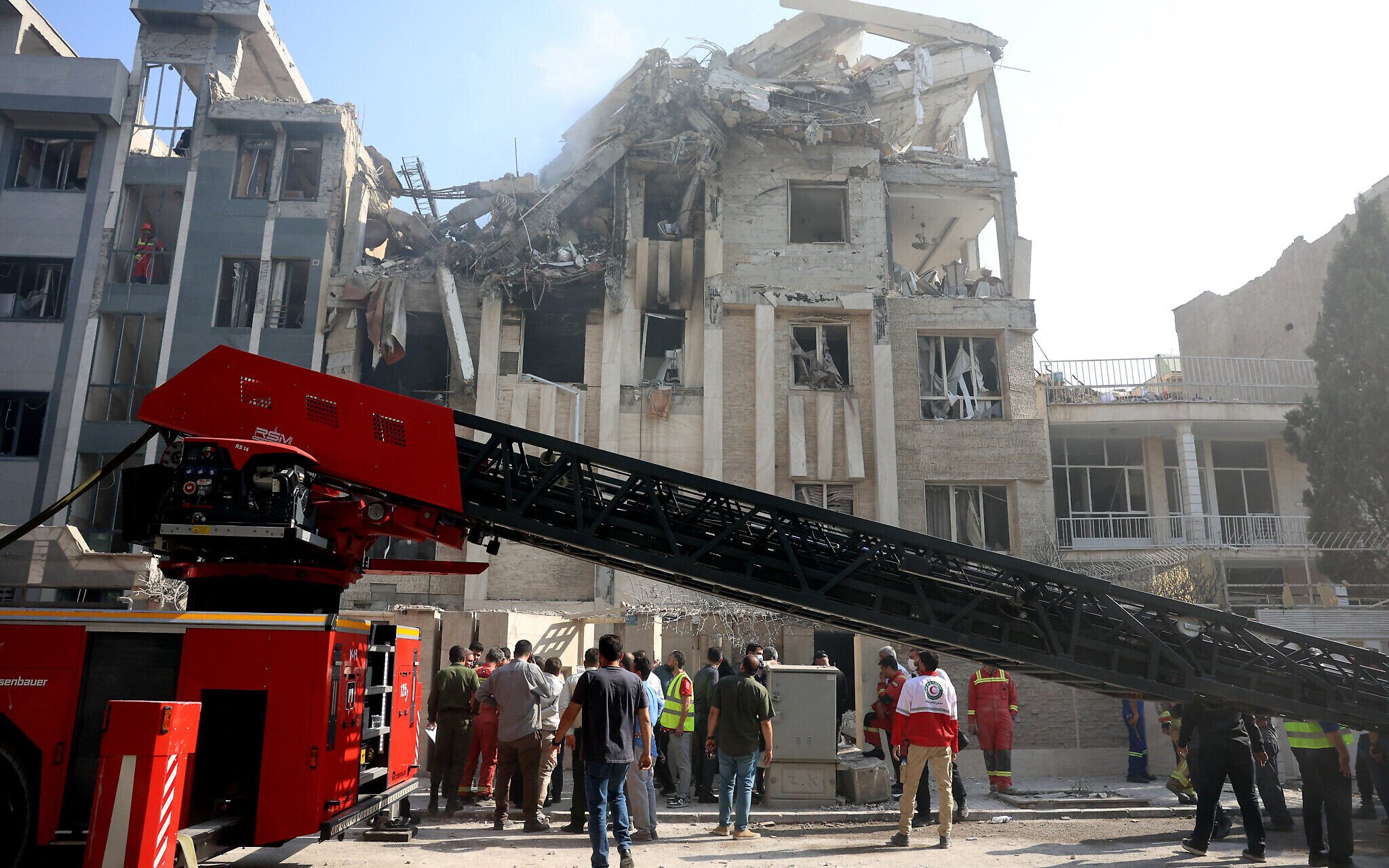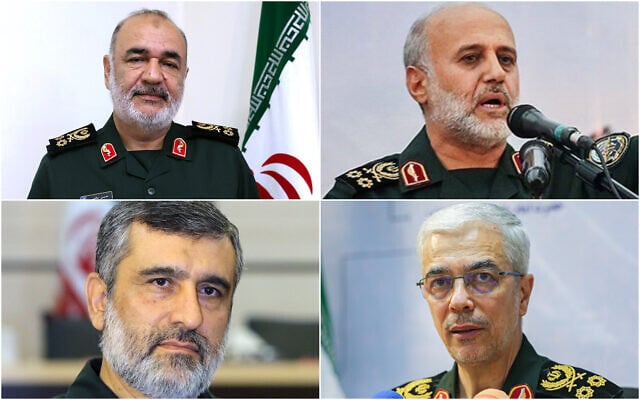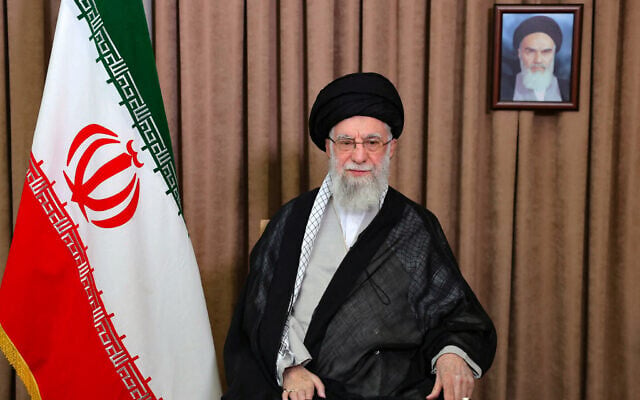



Though it was aware of Israeli preparations for a possible strike, Iran did not expect Jerusalem to launch such an attack while nuclear negotiations with the US were still ongoing, allowing for the exceptional success of the Israeli offensive early on Friday morning, The New York Times reported on Saturday.
Citing officials close to Iran’s leadership, the report said Tehran assumed that no attack would occur before the sixth round of US-Iran talks, scheduled for Sunday, June 15, in Oman. It is now unclear if the talks will take place in the wake of the bombardment, with Tehran indicating it was likely to cancel.
According to The Times, the Iranians assumed that reports of an imminent Israeli threat were propaganda intended to pressure them into making concessions in the negotiations on its nuclear program.
The officials told The Times that the complacency may have prevented planned precautions against an Israeli attack from being enacted. For example, senior military commanders stayed in their private homes on Thursday night instead of in safe shelters, allowing Israel to kill senior officials, including Revolutionary Guards chief Hossein Salami and Armed Forces chief Mohammad Hossein Bagheri.
In another oversight in the chaos of the attack, Brig. Gen. Amir Ali Hajizadeh, the commander of the Iranian Revolutionary Guards Corps Aerospace Forces, gathered his senior staff together for an emergency war meeting. They were then eliminated in an Israeli bombing.
The Times report revealed private text messages exchanged between senior Iranian officials in which they angrily asked one another, “Where is our air defense?” and “How can Israel come and attack anything it wants, kill our top commanders, and we are incapable of stopping it?”
According to the report, the officials also questioned what failures in defense and intelligence had led Iran to not foresee the Israeli offensive and the resulting damage.
“Israel’s attack completely caught the leadership by surprise, especially the killing of the top military figures and nuclear scientists,” said Hamid Hosseini, a member of Iran’s Chamber of Commerce’s energy committee, in a telephone interview with The Times from Iran. “It also exposed our lack of proper air defense and their ability to bombard our critical sites and military bases with no resistance.”
Hosseini added that Iranian officials were shocked by Israel’s ability to infiltrate Iran’s military and security apparatus.
The report also cited two Iranian officials who were familiar with discussions after the attacks led by Iran’s Supreme Leader, Ayatollah Ali Khamenei, in which Khamenei said that he sought revenge against Israel but did not want to act hastily.
According to the officials, there were disagreements about the proper response to the strikes and whether Iran could sustain a prolonged war with Israel, especially considering the possibility of US intervention and the damage Jerusalem had caused to Tehran’s missile and defense capabilities.
One official reportedly said at the meeting that an Israeli attack on Iran’s energy or water infrastructure could cause riots to break out.
An IRGC member briefed on the meeting told The Times that the officials understood that Khamenei had to decide between all-out war that could risk ending his decades-long reign, or retreating, which would be interpreted as accepting defeat domestically and internationally.
“Khamanei faces no good options,” Ali Vaez, Iran project director at the International Crisis Group, told The Times. “If he escalates, he risks inviting a more devastating Israeli attack that the US could join. If he doesn’t, he risks hollowing out his regime or losing power.”
Israel’s attack on Iran on Friday targeted the country’s nuclear facilities, ballistic missile infrastructure, air defenses and top security officials.
Iran responded with several barrages of ballistic missiles toward Israel that damaged buildings and killed three people.
Israel says the purpose of its offensive is to prevent Iran from obtaining a nuclear weapon. Tehran denies such a desire, but the country has enriched uranium to levels that have no peaceful application and has consistently affirmed its intention to destroy Israel.


